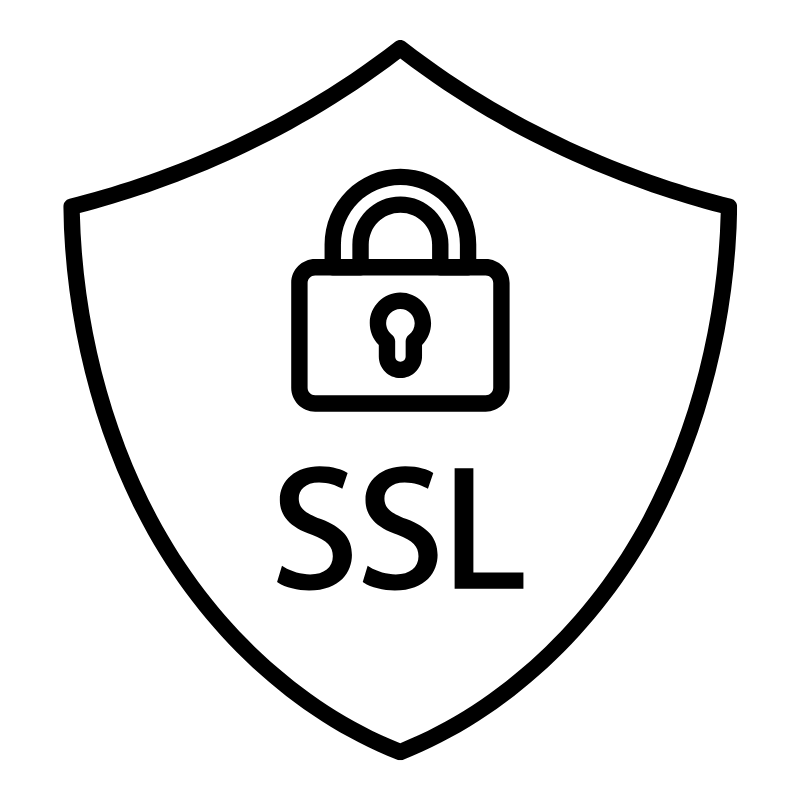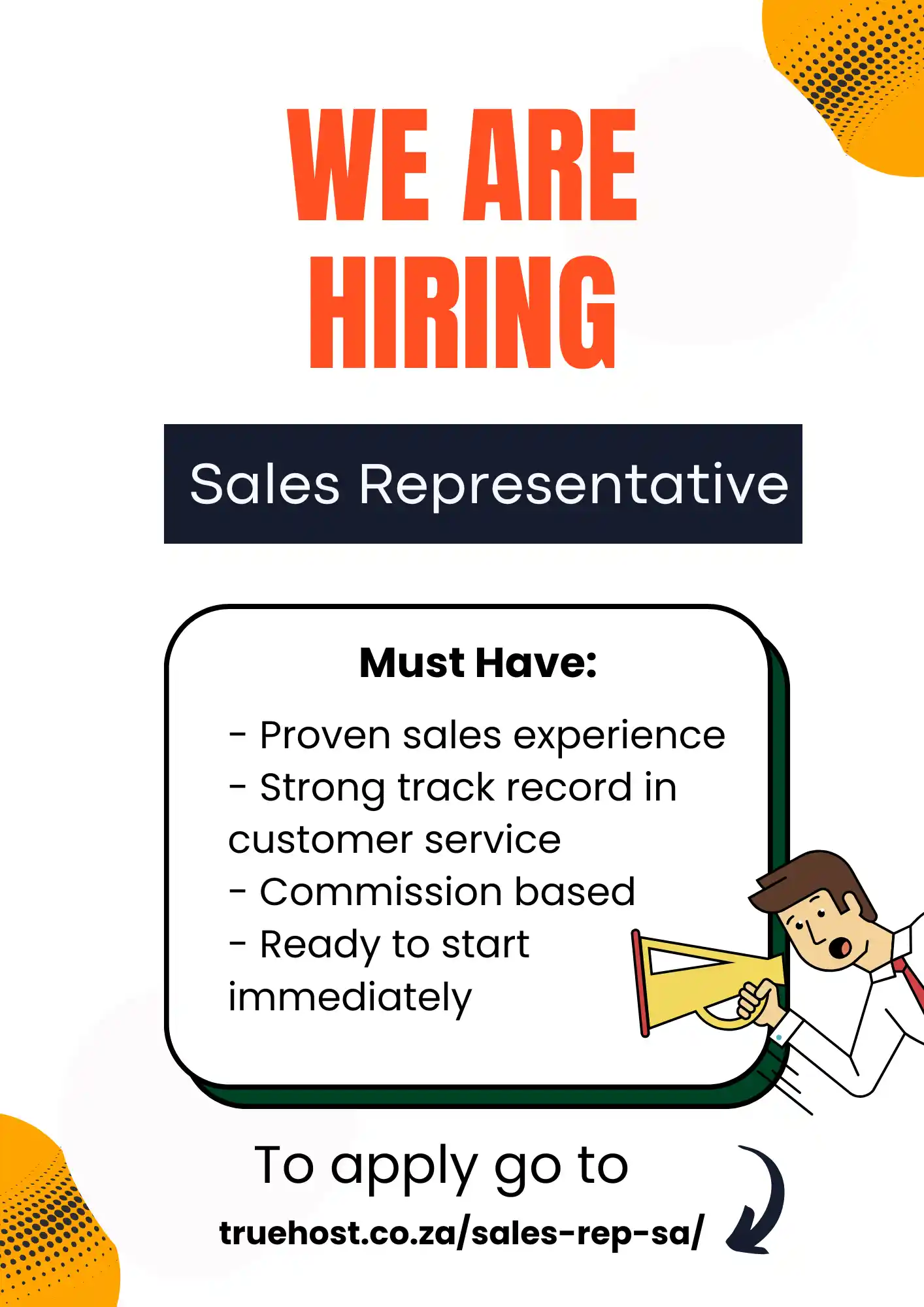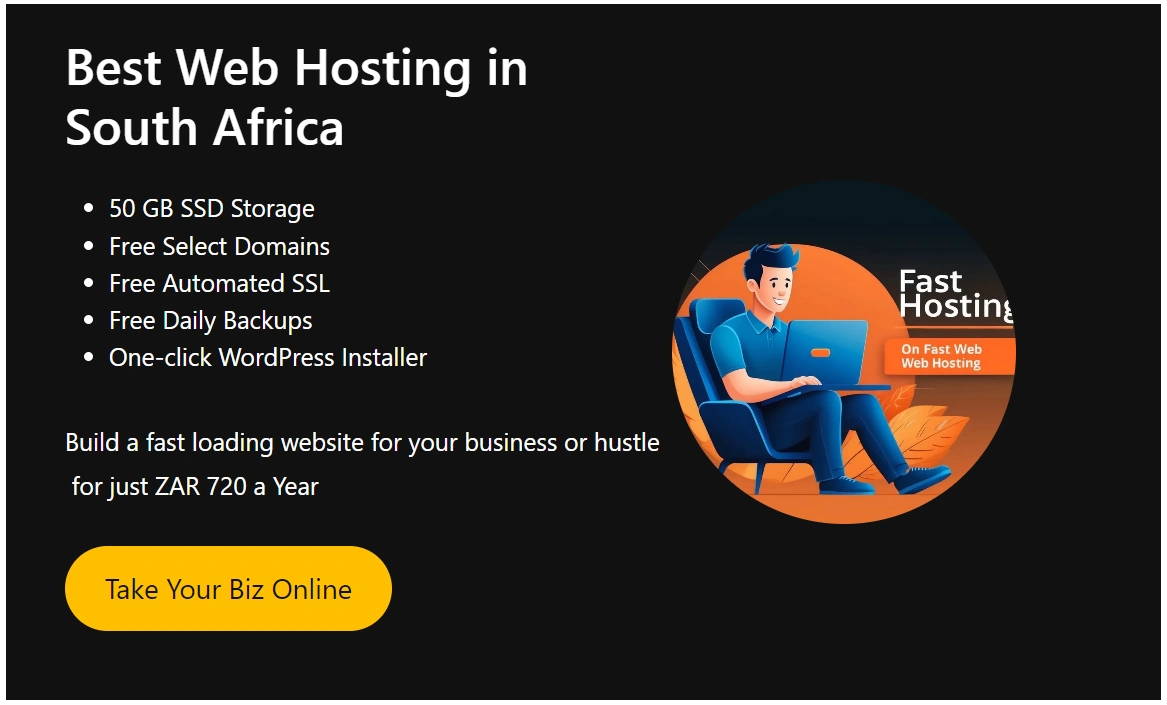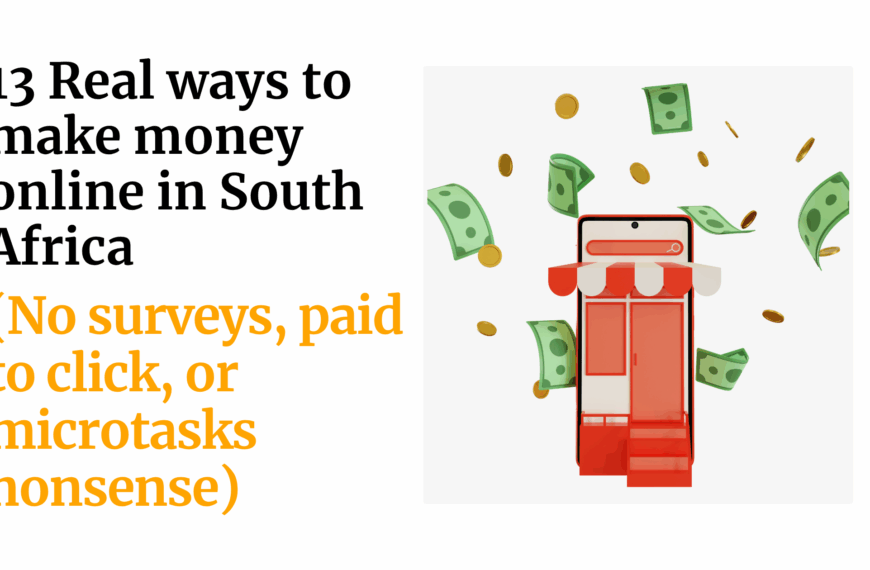Are you considering starting an online store in South Africa? Two popular business models to consider are dropshipping and wholesaling.
In this article, we’ll take an in-depth look at dropshipping vs wholesaling in South Africa to help you decide which approach is best for your new venture.
Table of Contents
What is Dropshipping?
Dropshipping is a retail fulfillment method where the seller does not hold inventory.
Instead, when a customer places an order in the seller’s online store, the seller transfers the order and shipping details to a third-party supplier. The supplier then ships the products directly to the end customer.
Some key characteristics of the dropshipping model include:
- No need to purchase and hold inventory upfront
- Lower startup costs and financial risk compared to traditional retail
- Ability to offer a wide range of products
- Hands-off order fulfillment and shipping handled by the supplier
Dropshipping has become an increasingly popular way to start an online business, especially on ecommerce platforms like Shopify.
What is Wholesaling?
In the traditional wholesale model, a retailer purchases products in bulk quantities from a wholesaler at a discounted price. The retailer then stores this inventory and sells the products to customers at a markup.
Some defining aspects of the wholesaling model are:
- Buying products upfront in bulk from a wholesaler
- Storing inventory and managing a warehouse
- Handling order fulfillment and shipping to customers
- Higher startup costs to purchase initial inventory
- Potential for higher profit margins than dropshipping
Wholesaling has been the standard for many brick-and-mortar retailers, but is also used by some online stores.
Dropshipping in South Africa
The ecommerce market in South Africa has been growing rapidly in recent years. Dropshipping is emerging as an attractive option for South African entrepreneurs looking to start an online store with minimal upfront investment.
Some advantages of dropshipping in South Africa include:
- Ability to start an online business with little capital
- No need to invest in inventory or warehousing
- Potential to offer a diverse product selection to customers
- Hands-off order processing and shipping
However, there are also challenges to consider with the dropshipping model in South Africa:
- Smaller profit margins as you are buying from suppliers at retail price
- Less control over inventory availability and shipping times
- Reliance on suppliers for product quality and order fulfillment
- Competition from other dropshippers selling similar products
To succeed with dropshipping in South Africa, it’s important to choose a niche that aligns with local consumer demand, partner with reliable suppliers, and implement strong marketing strategies.
Popular product categories for dropshipping in South Africa include fashion, beauty, electronics, and home goods.
Read also: 7 Best Dropshipping Stores in South Africa
Finding Dropshipping Suppliers in South Africa
One of the keys to dropshipping success is partnering with the right supplier.
You’ll want to look for dropshipping wholesalers in South Africa that offer quality products, competitive prices, and reliable order fulfillment.
Some top South African dropshipping suppliers to consider include:
- Mens Republic Distributors: Electronics, accessories, toys
- Wholesale Warehouse SA: Fashion, beauty, home
- Perfect Dealz: Wide product range at wholesale prices
- The Scents: Designer fragrances and beauty products
- ParcelNinja: Smart warehousing solutions for dropshippers
When evaluating potential suppliers, look at factors like product selection, pricing, shipping times and costs, return policies, and integration with your ecommerce platform.
Building strong relationships with your suppliers is essential for long-term dropshipping success.
Read also: No. 1 Guide To Dropshipping on Takealot in South Africa
Wholesaling in South Africa
For entrepreneurs with more startup capital, wholesaling is another option to consider in South Africa. Buying products at wholesale prices allows you to capture higher profit margins than the dropshipping model.
Some benefits of the wholesaling model include:
- Bulk purchasing at discounted wholesale prices
- Greater control over inventory, branding, and shipping
- Potential for higher profit margins
- Ability to sell through multiple channels beyond your own website
However, wholesaling also comes with additional costs and complexities:
- Higher initial investment to purchase bulk inventory
- Costs associated with warehousing and inventory management
- Responsibility for order fulfillment and shipping to customers
- Potential for losses if inventory doesn’t sell
Wholesaling can be a good fit for South African entrepreneurs with more funding who want greater control over their products and branding. But it also requires more upfront investment and ongoing management.
Dropshipping vs Wholesaling: Which is Right for You?
So which business model is better for your new online store in South Africa – dropshipping or wholesaling? The right choice depends on your specific circumstances, goals and resources.
Dropshipping may be a better fit if you:
- Are looking to start an online store with minimal startup costs
- Want to test out products and markets before investing in inventory
- Prefer a hands-off approach to inventory and order fulfillment
- Want to offer a diverse selection of products to your customers
On the flip side, wholesaling could be the way to go if you:
- Have more capital to invest in starting your business
- Want more control over product quality, branding and shipping
- Are looking to maximize your profit margins
- Plan to sell through multiple channels like your site, marketplaces, etc.
Whichever route you choose, make sure to crunch the numbers on pricing, costs and potential profits to ensure you can build a sustainable business.
Profit margins tend to be slim in dropshipping, so you’ll need to sell a high volume of products. With wholesaling, you’ll need to invest more upfront but can potentially reap higher margins.
Tips for Starting a Dropshipping Business in South Africa
If you decide that dropshipping in South Africa is right for you, here are some tips to help you get started:
- Choose a niche that resonates with South African consumers and plays to your interests and strengths. Look for opportunities to differentiate your offerings.
- Research and partner with reliable dropshipping suppliers located in South Africa. Having local suppliers can help reduce shipping times and costs.
- Set up your online store on a platform like Shopify South Africa that makes it easy to add products, customize your site, and manage orders and payments.
- Implement a strong marketing strategy to drive traffic to your store. Focus on tactics like social media marketing, influencer outreach, SEO, and paid advertising.
- Provide excellent customer service and build trust with your customers. Even though you don’t control order fulfillment directly, make sure to stay on top of the customer experience.
- Optimize your store and product listings for search engines using relevant keywords. But avoid tactics like keyword stuffing that could result in penalties.
- Analyze your results and adapt your approach continually. Use tools like Google Analytics to gain insights and make data-driven improvements.
With some hard work and smart planning, dropshipping can be a low-risk way to start an online business in South Africa. But it’s not a get-rich-quick scheme, so go in with realistic expectations.
Is Dropshipping Right for South Africa?
Dropshipping is still a relatively new model in South Africa’s ecommerce landscape. But it offers compelling advantages like low startup costs and the ability to offer a wide selection of products.
As more consumers shift to online shopping, the opportunities for dropshipping in South Africa will likely continue to grow. But it’s also important to understand the challenges of the market, like price-sensitive consumers, high shipping costs, and increasing competition.
Whether dropshipping or wholesaling is right for your South African online store depends on your unique goals and circumstances.
Consider the pros and cons carefully to determine the best fit for your new business.
With the right strategies and execution, both models offer exciting potential in the growing South African ecommerce space.
Read also:
 Web Hosting
Web Hosting Windows HostingBuilt for Windows apps and websites – stability, speed and flexibility
Windows HostingBuilt for Windows apps and websites – stability, speed and flexibility Reseller HostingLaunch a hosting business without technical skills or expensive infrastructure
Reseller HostingLaunch a hosting business without technical skills or expensive infrastructure Affiliate ProgramRefer customers and earn commissions from sales across our platform
Affiliate ProgramRefer customers and earn commissions from sales across our platform Domain SearchFind and secure a domain name in seconds with our quick lookup tool
Domain SearchFind and secure a domain name in seconds with our quick lookup tool CO ZA Domains
CO ZA Domains All DomainsExplore domain names from over 324 TLDs globally – all in one place
All DomainsExplore domain names from over 324 TLDs globally – all in one place Free Whois Lookup Tool South Africa
Free Whois Lookup Tool South Africa VPS
VPS SSLs
SSLs









